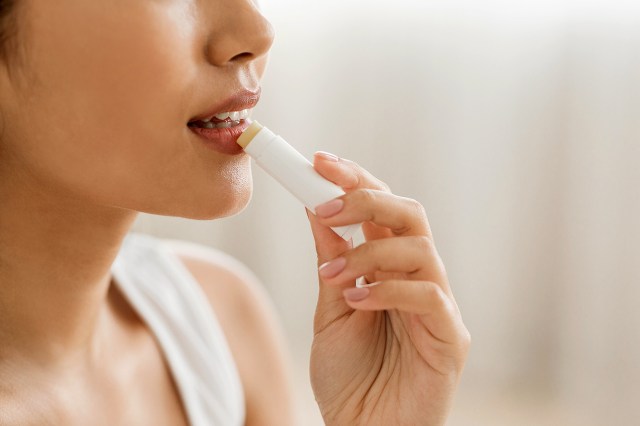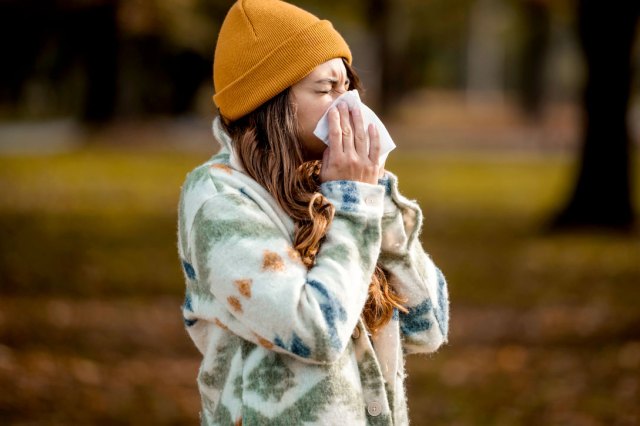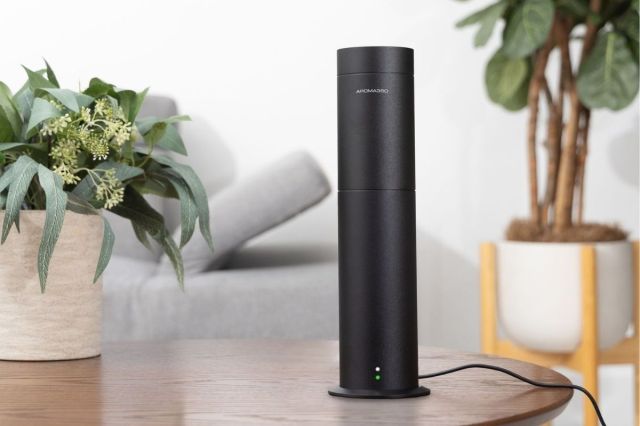There’s nothing quite like the feeling of panic that ensues when you look in the mirror and notice a white bump forming around your mouth. (And let’s be honest — that embarrassment is real.) You quickly rule out a zit but then pause and think, is this a cold or a canker sore? While these two sores are very different, they are often confused, leading many to treat the sores incorrectly. Below is everything you need to know about cold and canker sores and how to treat them.
All featured products and deals are selected independently and objectively by the author. Better Report may receive a share of sales via affiliate links in content.
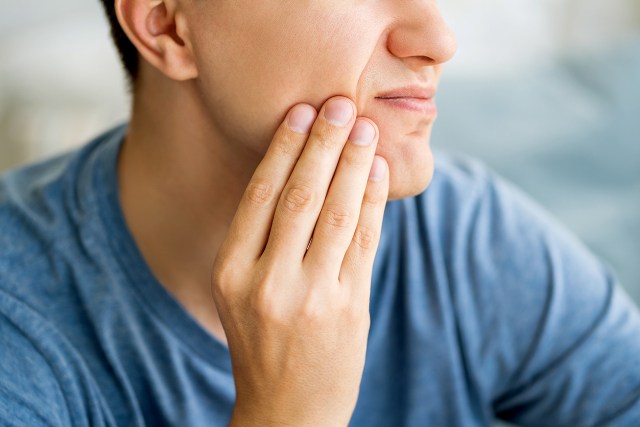
What Are Canker Sores?
Aphthous ulcers, better known as canker sores, occur inside the mouth and are white or yellowish with inflamed red tissue surrounding them. They can be found on the tongue, cheeks, gums, inside of the lip, and even the roof of the mouth. They are not contagious and have various causes, including eating acidic, salty, or spicy foods and minor injuries, such as biting your cheek or lip.
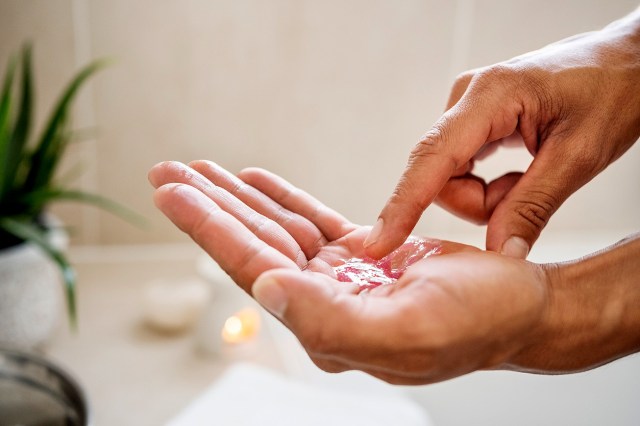
Over-the-Counter Treatments for Canker Sores
Many options exist for canker sore sufferers, including store-bought non-prescription medications and various at-home treatments. The most popular OTC treatments are topical anesthetics that contain benzocaine or lidocaine, which numb the area, reducing pain and inflammation. These products are typically gels or patches applied directly to the sore.
Store-bought rinses can ease pain and inflammation, especially formulas with lidocaine (for pain) and chlorhexidine (which will prevent germs from spreading). Avoid formulas with alcohol — this will irritate the sore. Rinsing with hydrogen peroxide can also reduce the bacteria in your mouth. Dilute 1 teaspoon into 1/2 cup of water and thoroughly rinse your mouth for 60 seconds before spitting.
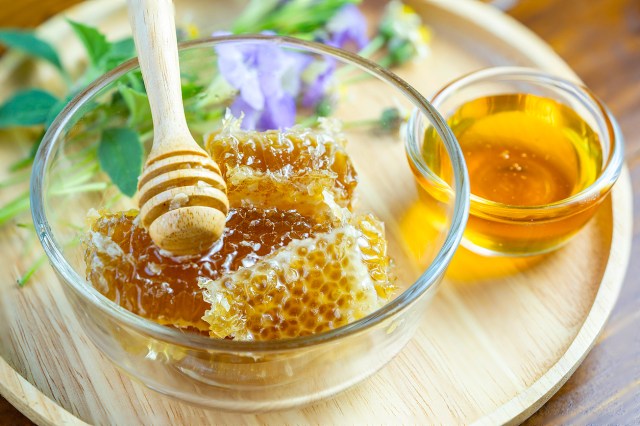
Home Remedies for Canker Sores
Some prefer more natural remedies for canker sores. These treatments are found at the grocery store or might already be in your pantry.
• Saltwater Rinse: A saltwater rinse can dry out canker sores, speeding up the healing time (be warned: this rinse might initially sting). To make a saltwater rinse, mix 1 teaspoon of salt and 1/2 cup of warm water until dissolved. Rinse the mouth thoroughly for 60 seconds and repeat as needed. Never put salt directly on an ulcer — it will be painful and lead to more irritation.
• Baking Soda Rinse: If a saltwater rinse is too painful, try baking soda instead. Mix 1 teaspoon of baking soda in 1/2 cup of warm water, rinse for 60 seconds, and repeat as needed.
• Honey: Honey is known for its antibacterial and anti-inflammatory properties. Apply four times daily to the sore for best results.
• Alum Powder Paste: This kitchen pantry item is used for pickling and baking but can also help heal canker sores. Create an alum paste by mixing 1/8 teaspoon of alum powder with a drop or two of water. Leave the paste on the ulcer for about 60 seconds and rinse, repeating as needed.
• Sage or Chamomile Tea: Gargling, rinsing, or drinking sage tea can help soothe ulcers. Additionally, drinking chamomile tea or holding a wet chamomile tea bag to the ulcer can help reduce painful side effects.
Reader Favorites
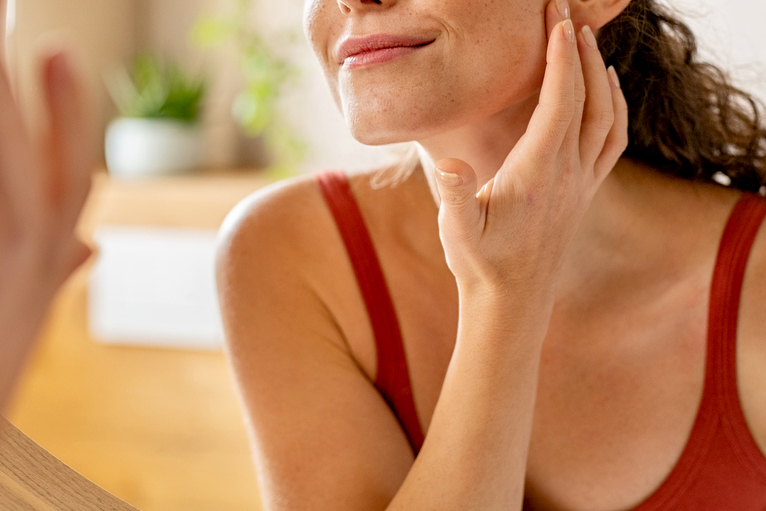
What Are Cold Sores?
Cold sores, also known as fever blisters, are highly contagious because they’re caused by the herpes simplex virus. According to the Cleveland Clinic, this is a fairly common virus — more than half of Americans between 14 and 49 have it, but only 20% to 40% develop cold sores. These fluid-filled blisters occur outside the mouth, on or around the lips. They are often mistaken for canker sores because they look similar. Avoid sharing drinks, eating utensils, and other objects to reduce your chances of getting this virus.
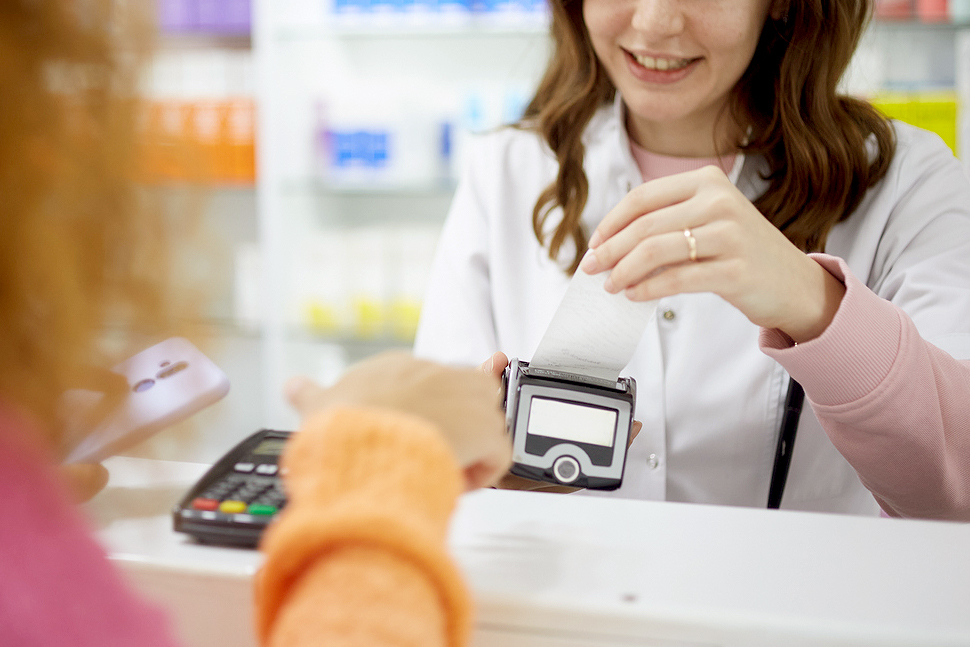
Over-the-Counter Treatments for Cold Sores
Cold sores are viral, making them very different from canker sores, so the treatment is different, too. Unfortunately, this virus cannot be cured, so the goal is to heal the breakout and reduce the recurrence of breakouts.
Several over-the-counter topical treatments can be applied directly to the breakout. One of the most common is docosanol, known as Abreva, which should be applied to the cold sore several times daily. There are other over-the-counter pain reliever creams that contain lidocaine to help numb the area and reduce pain, but make sure they’re safe to use around the mouth.
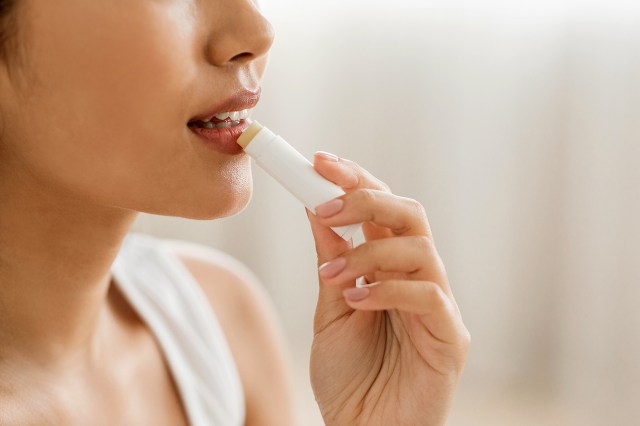
Home Remedies for Cold Sores
Since cold sores are viral, there aren’t any at-home cures for them. However, the following remedies will help ease pain and inflammation while the cold sore runs its course.
• Lip Balm: A gentle lip balm can soothe dry and cracked lips. Try a cream or lip balm made with rhubarb and sage or a lip balm with zinc sunscreen to protect your lips from the sun.
• Propolis: According to the Mayo Clinic, propolis might shorten the duration of cold sores due to its anti-inflammatory properties. Look for a 3% ointment and apply it as directed.
• A Compress: There are two options for compresses: cold or warm. The best choice depends on which feels better to you. To make a cold compress, wrap ice cubes in a plastic bag, then run a clean washcloth under cold water and wrap it around the bag. Never apply ice directly to the skin — it causes burns. To make a warm compress, fill a bowl with hot water (but not too hot to put your hand in) and soak a clean washcloth. Wring it out and apply it to the cold sore.

When to Consult a Doctor
Cold and canker sores usually clear up on their own within two weeks, but if yours lasts longer, talk to your doctor.
Featured Image Credit: Prostock-Studio/ iStock
More From Our Network
Better Report is part of Inbox Studio, an email-first media company. *Indicates a third-party property.
